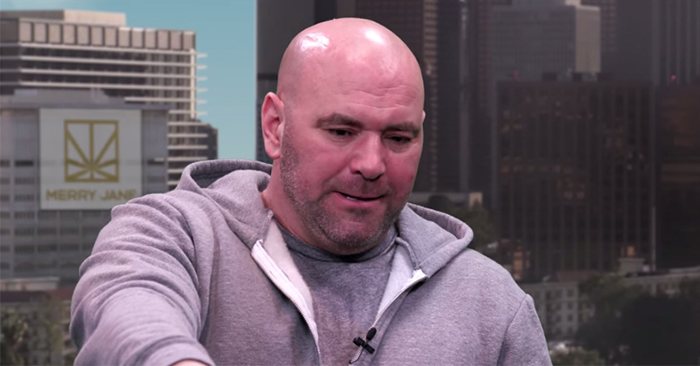When you sign with the UFC, all bets are off when it comes to performance enhancing drugs and banned substances.
And it would seem more and more fighters are failing before even making their UFC debut.
This time it’s would-be UFC fighter Carlos Felipe, who will now have to wait two-years until he can fight again.
USADA announced the news today, via press release:
USADA announced today that UFC® athlete Carlos Felipe Cabral de Almeida, known professionally as Carlos Felipe, of Feira de Santana, Brazil, has accepted a two-year sanction after testing positive for a prohibited substance.
Felipe, 22, tested positive for stanozolol metabolites, 16β‐hydroxy‐stanozolol and 3’‐hydroxy‐stanozolol, following an out-of-competition urine test conducted on July 29, 2017. Stanozolol is a non-Specified Substance in the category of Anabolic Agents and is prohibited at all times under the UFC Anti-Doping Policy, which has adopted the World Anti-Doping Agency Prohibited List.
Felipe’s two-year period of ineligibility began on September 19, 2017, the date his provisional suspension was imposed. As a result of his positive test, Felipe was removed from the Card for the UFC Fight Night event in Sao Paulo, Brazil, scheduled for October 28, 2017.
Pursuant to the UFC Anti-Doping Policy, all UFC athletes serving a period of ineligibility for an anti-doping policy violation are required to remain in the USADA registered testing pool and make themselves available for testing in order to receive credit for time completed under his or her sanction.
USADA conducts the year-round, independent anti-doping program for all UFC athletes. USADA is an independent, non-profit, non-governmental agency whose sole mission is to preserve the integrity of competition, inspire true sport, and protect the rights of clean athletes. In an effort to aid UFC athletes, as well as their support team members, in understanding the rules applicable to them, USADA provides comprehensive instruction on the UFC Anti-Doping Program website (http://ufc.USADA.org) regarding the testing process and prohibited substances, how to obtain permission to use a necessary medication, and the risks and dangers of taking supplements as well as performance-enhancing and recreational drugs. In addition, the agency manages a drug reference hotline, Drug Reference Online (http://ufc.globaldro.com), conducts educational sessions, and proactively distributes a multitude of educational materials, such as the Prohibited List, easy-reference wallet cards, and periodic athlete alerts.

